Your Project Isn’t Special and That’s a Good Thing
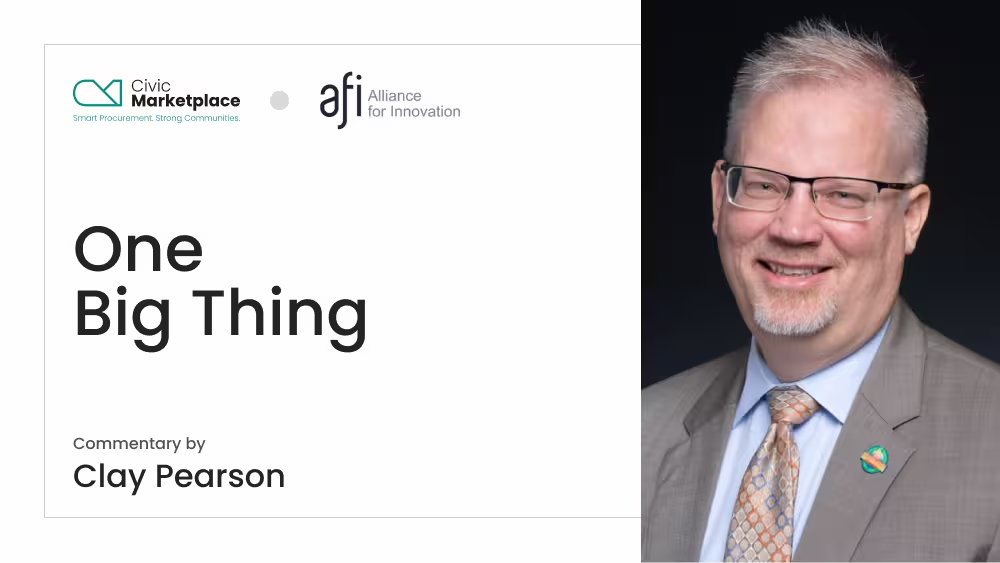
Many of us like to think our projects are rare unicorns, but research in the Harvard Business Review shows this belief is unequivocally untrue. This fallacy is called the uniqueness trap, and you should know about it because it’s detrimental to your project’s success. The fallacy prevents us from learning lessons from other projects. We think that we must forge a new path when that’s not necessary.
To test the theory, researchers asked managers to rank the uniqueness of their big-budget IT projects. All the projects that managers considered as one-of-a-kind, super-special had, in fact, been done before.
There are real dangers associated with this assumption. Views of uniqueness significantly correlated with underperformance and overrunning costs. Managers avoided outside guidance and misjudged risks, convinced their situation was too different to learn from others.
The Uniqueness Trap in Government
The public sector is partially shielded from this mindset because of the public sectors’ emphasis on collaboration and sharing. We like to learn from what other cities are doing. But often we are slow to learn. And, sometimes we use the “unique” structure of our government, operating departments, or citizen expectations as a bit of an excuse to explain when problems come up in our software installations, building projects, or service delivery.
For instance, walking around mountains of plastic trash bags and the rats that came with them has been part of New York City life for decades. It wasn’t until last year the city looked for examples and parallels to their problems to then finally adopt a Euro-style big bin approach. It wasn’t a new idea. Now, the sidewalks are cleaner and safer, with fewer rodents.
It wasn’t the uniqueness trap alone that prevented decision-makers from seeking solutions from other cities sooner. But I’d wager the officials thought their logistical challenges were special. Turns out the answer wasn’t so complex.
How You Can Avoid the Uniqueness Trap
So how can governments avoid getting caught in this snare? The first step is knowing the tendency to label our work as unique exists. Instead, make the belief your project, or variation of it, has been done before your default thinking. Look for analogs, even in different industries. Look at the outcomes and think about how you can improve. Do a “pre-mortem,” a mental exercise predicting what might go wrong and why. Do a “noise audit” to determine what information you have is actually useful and what is just a distraction. And finally, feel comfort in the fact that you’re not alone. Sorry, you are as a person, but your project is likely not that special.
Local government innovators—Sign up for the newsletter for thought-provoking ideas distilled by creative public sector thinkers.



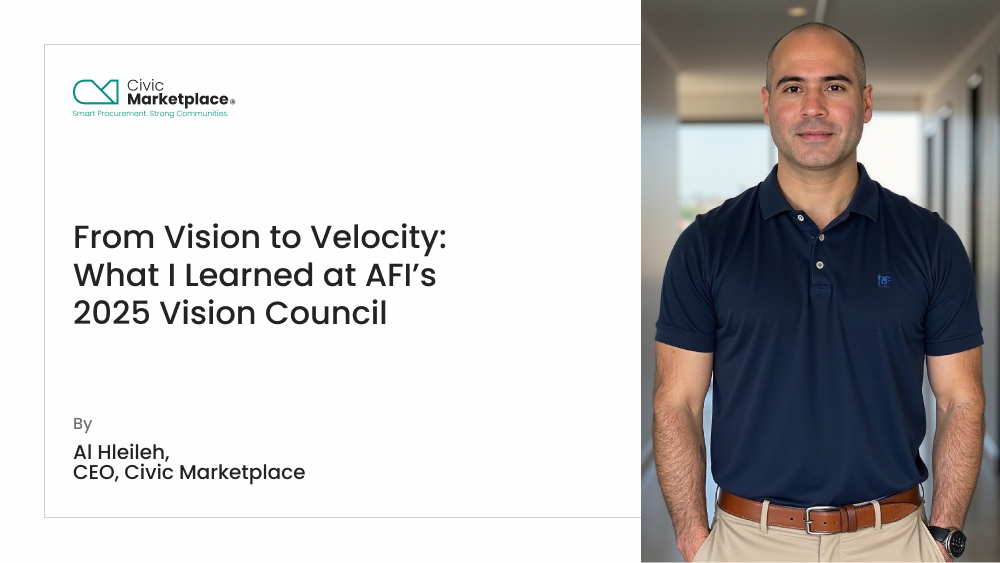
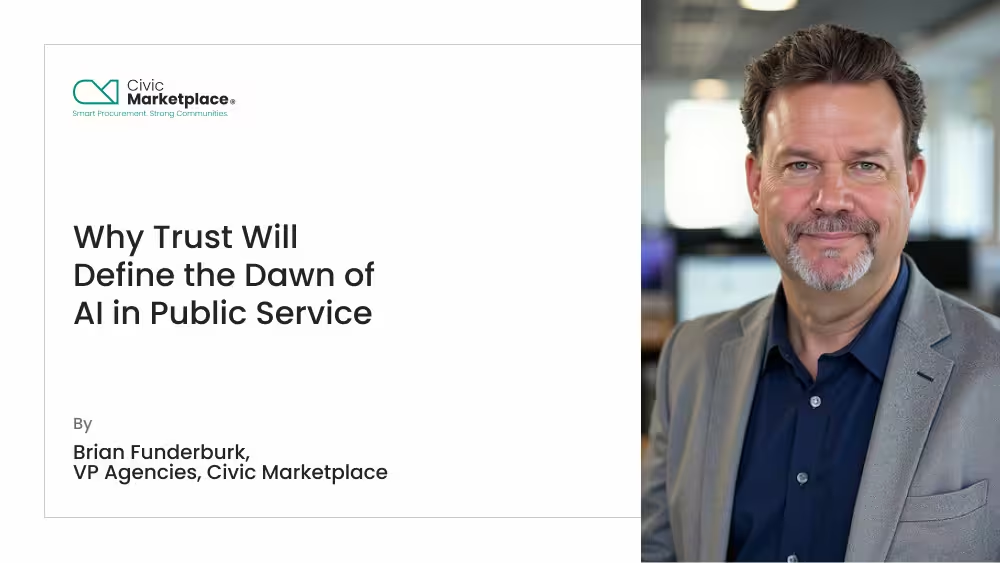
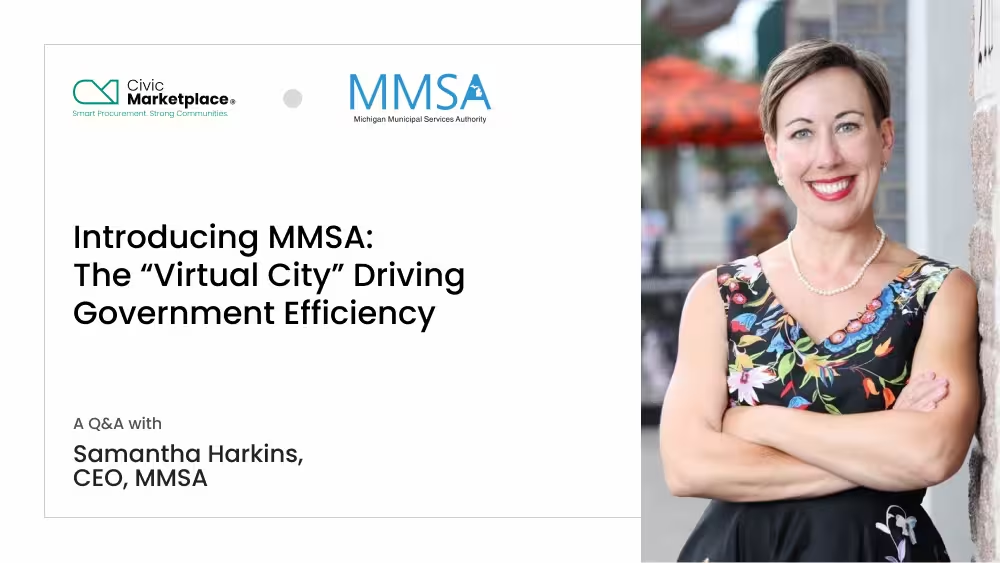
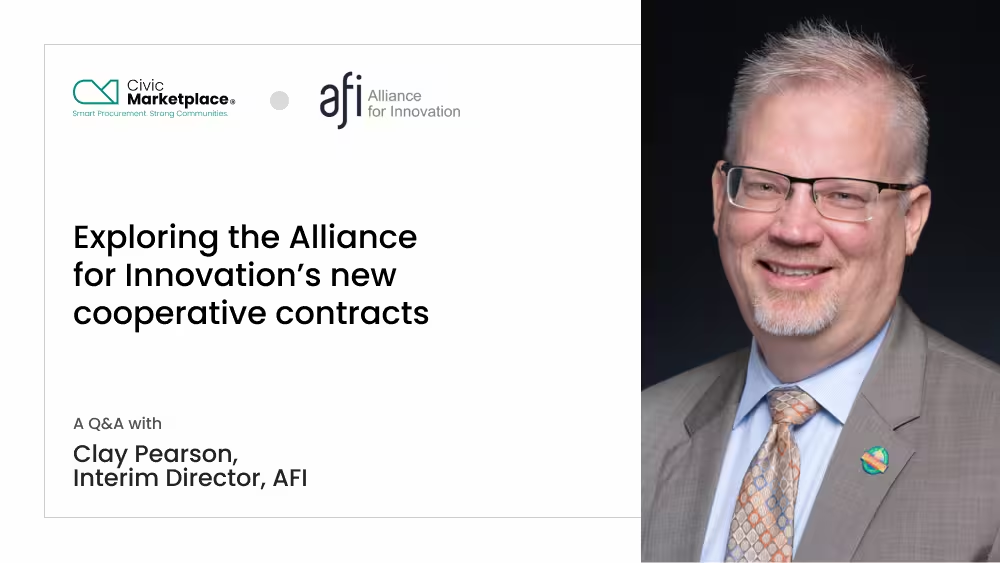
.avif)
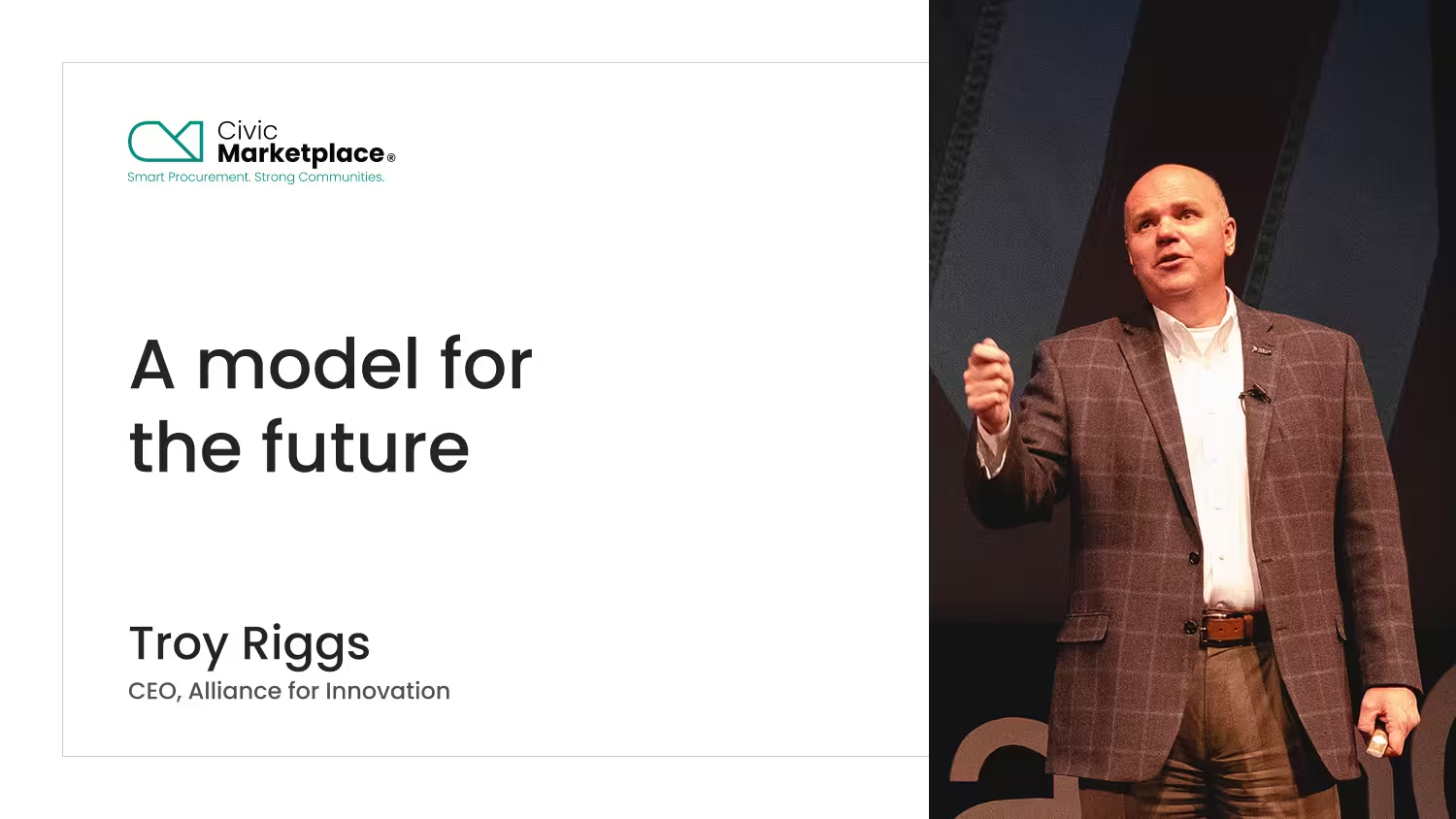
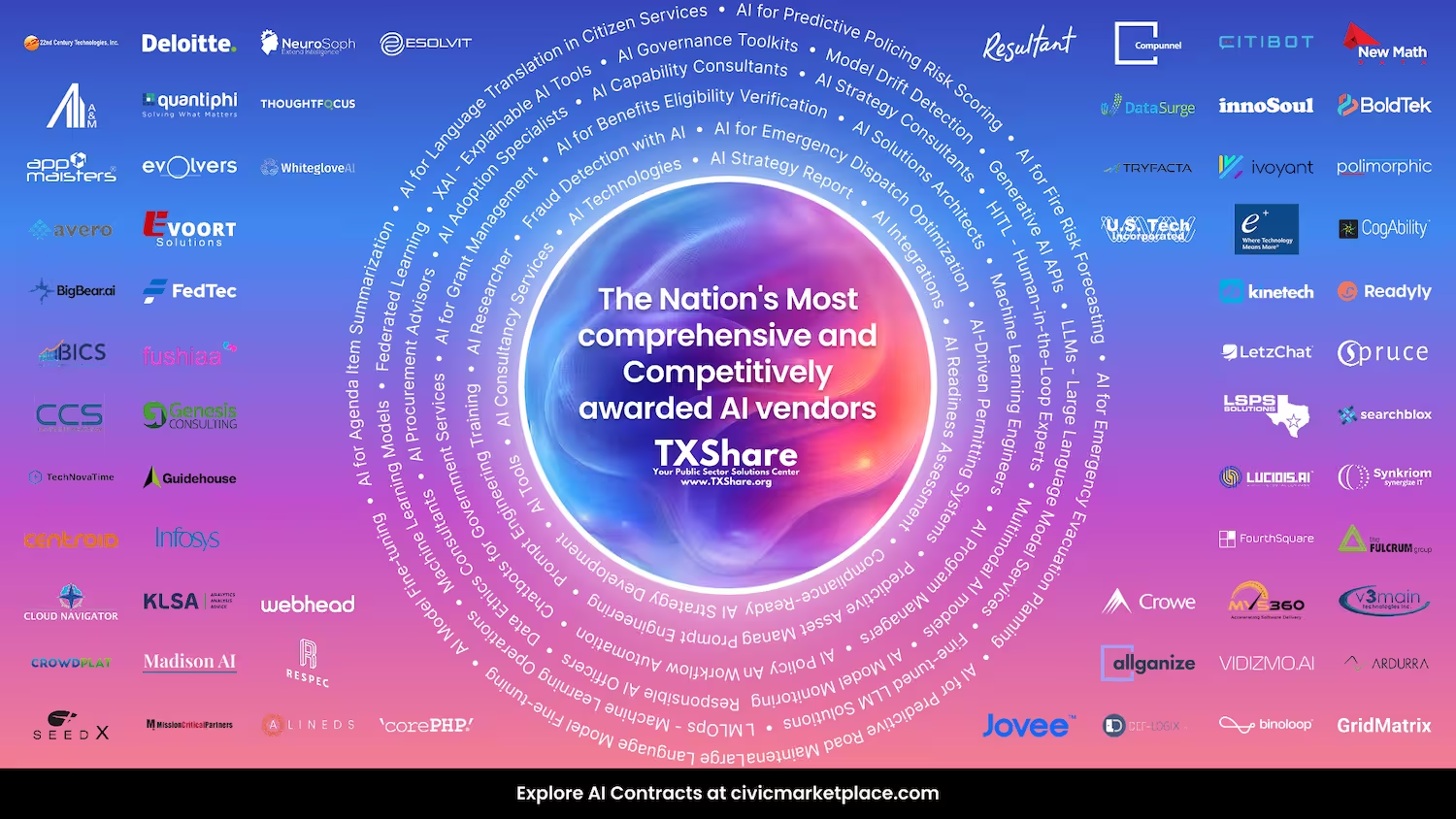

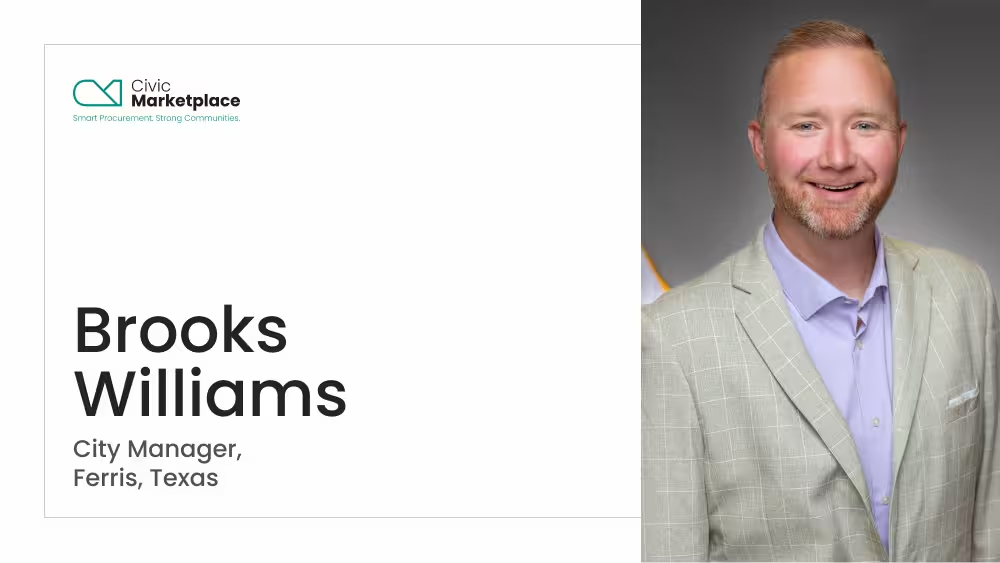
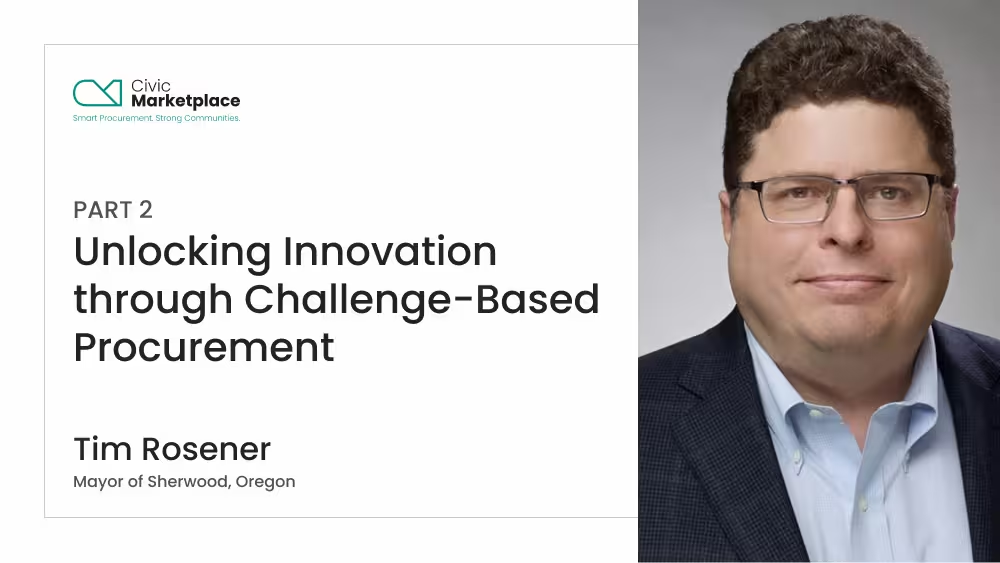
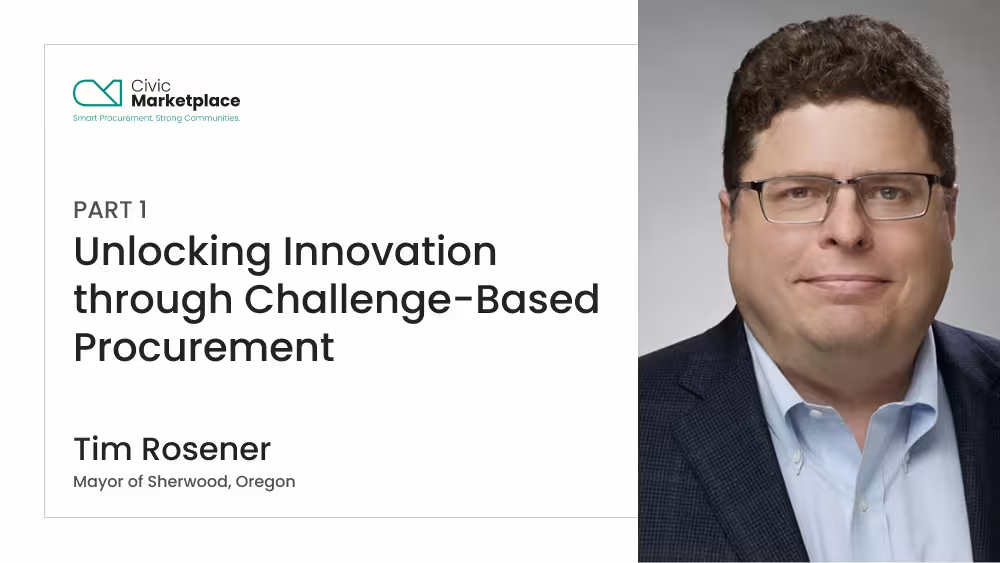

.avif)